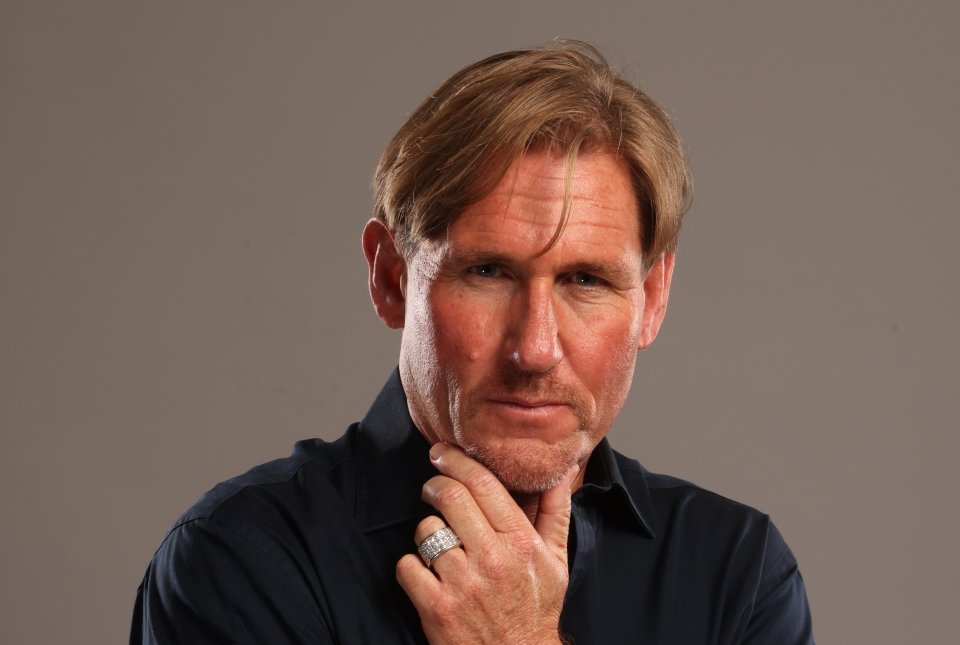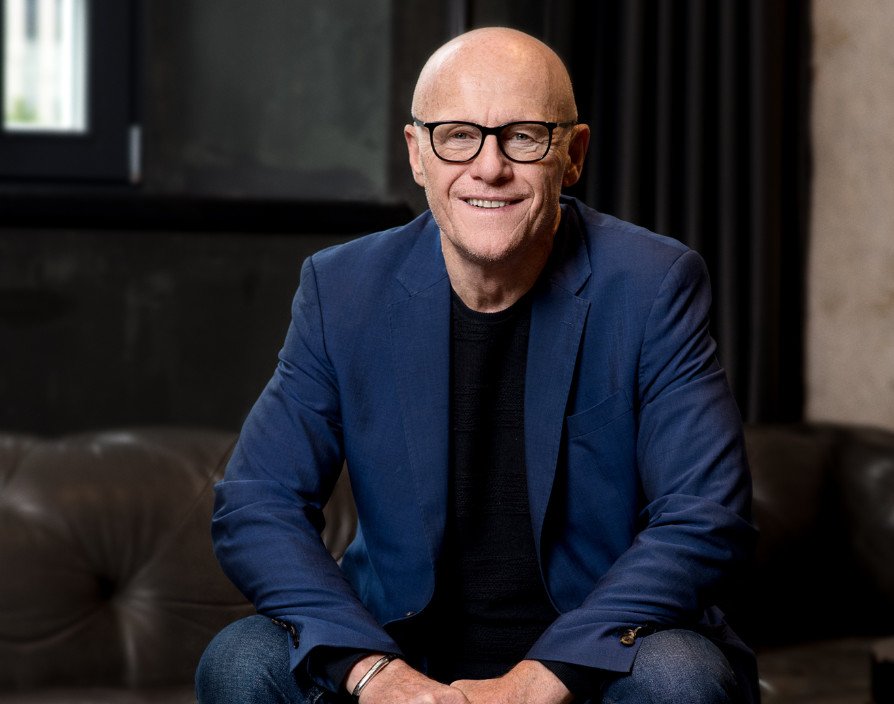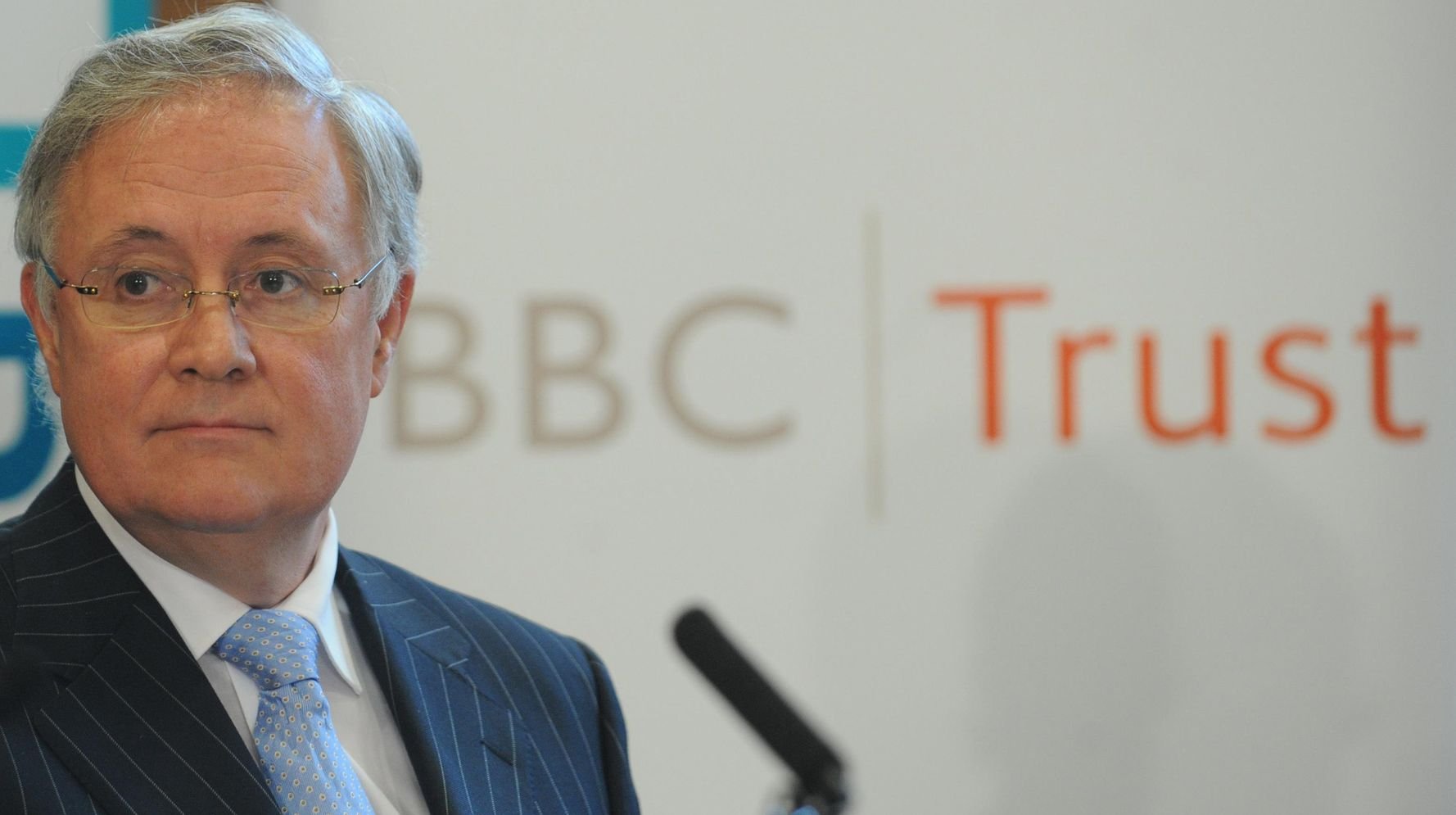Opinion: Lineker-gate and the BBC
Football coverage on television and radio was plunged into chaos last weekend as pundits walked out in ‘solidarity’ with Lineker. The row over impartiality erupted after Lineker compared the language used to launch a new government asylum seeker policy with that of 1930s Germany on Twitter.
The BBC later apologised and reinstated Lineker, while director-general Tim Davie announced a review of social media guidelines at the broadcaster.
Various industry have had their say…
Simon Jordan
Simon Jordan, businessman and talkSPORT host said “I actually, with a slightly cynical view, felt there was an opportunity with all these people wanting to withdraw their services, then consider it withdrawn permanently,
I look at the new generation of broadcasters coming in, because this legacy and the idea that people get jobs for 30 years, and keep them forever is some sort of misnomer.
I spoke to one of our shows on Friday afternoon, and said that my perception would be that they find a solution at some point, and review the social media strategy.”
John Caudwell
John Caudwell, Billionaire founder of Phones 4 U said: Will the Government’s new ‘stop the boats’ policy actually #StopTheBoats? If it does, I’m all for it. We need to remove any incentive for people to risk life and limb by getting in the smugglers’ boats in the first place. If they know doing so will remove any chance they could settle in the UK now or at any point in the future, that could work.
We must open enough safe, legal routes for refugees and provide adequate resource to consider and process asylum applications.
Britain may be an island, but we can’t cut ourselves off from our responsibilities as a global citizen. Desperate people fleeing war, famine, persecution, and natural disasters must be helped, and we must play our part. I support a European-wide policy, involving both EU and non-EU states, that would manage and distribute refugees evenly according to countries’ sizes, populations and other factors."
Alan Price
Alan Price, BrightHR CEO, says “It can be difficult to balance freedom of speech without permitting behaviours that cause offence.
“Employees are entitled to hold their own opinions on any political, social, religious, topical, or other matter. However, in some cases, it will not be appropriate for staff to express them in the workplace; or the way in which they are manifested in work can be unreasonable.
Where this happens, employers can take reasonable action against them. This has been confirmed by several recent tribunal cases. It’s important to remember that some opinions may be protected under the Equality Act 2010 as a philosophical belief. As such, businesses should be careful that they don’t discriminate against an employee or victimise others who support the employee with their beliefs, as doing so may lead to tribunal claims.”
Dame Melanie Dawes
Dame Melanie Dawes, the chief executive of the broadcasting regulator, said “it hasn't been a great weekend for BBC sports fans. I think we're all glad to see that hopefully the BBC is moving beyond this episode.
An episode like this goes straight to the heart of that wider reputation on their news and current affairs coverage.
The question for the BBC on their social media guidelines is a question for their board, not something in which Ofcom has a role.
I think they need to look at those guidelines and see if they're right in a world of increased use of social media, and look at what they ask in terms of their contributors as well as their staff.”
Sir Michael Lyons
Sir Michael Lyons, former BBC chairman said “It simply isn't possible for the BBC to be a champion of dissent in Russia and Hong Kong, and at the same time not leave space for dissent in this country.”
He added there was “a big question about consistency in the way rules are applied” saying some BBC stars have been allowed to say things about the Labour Party, referring to a tweet by Lord Alan Sugar advising people not to vote for Jeremy Corbyn.






